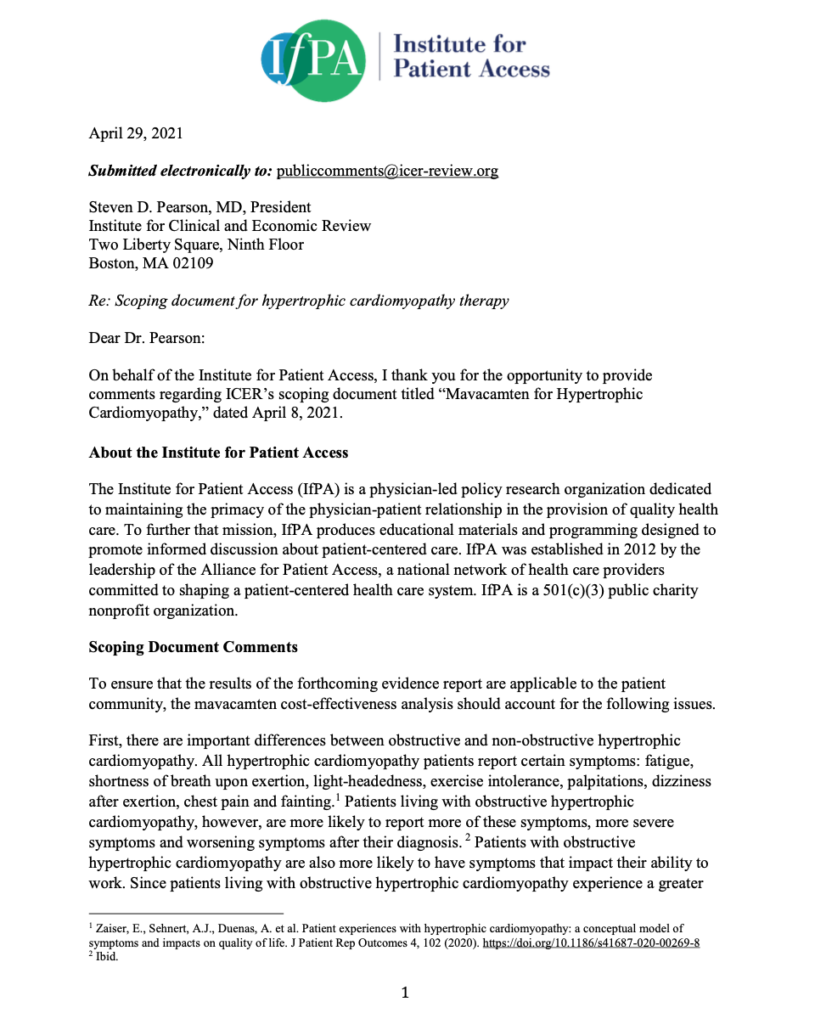How Biologics Transformed Care for MS Patients
For 20 years there wasn’t a single medication I could prescribe to help my patients overcome multiple sclerosis, a disease that gradually robbed them of their strength, vision, coordination, and also memory and thinking abilities.
Two Years is Too Long a Wait for Huntington’s Patients

For people living with Huntington’s disease, there may be help on the horizon as Congress looks to speed access to federal insurance coverage.
For Newborns & Infants in the NICU, COVID-19 Restrictions May Do More Harm than Good

Babies born during the pandemic will never know what life was like “before 2020.” Yet policies meant to minimize the spread of COVID-19 may have a lifelong impact on babies born last year.
The Harm in Prioritizing Policy Over Patients
The term “nursing home” conjures up different images for different people. Some people picture active older adults playing bridge and doing water aerobics. Others have visions of wheelchair-bound, elderly who have more severe challenges.
Cancer and the Long-Term Costs of ICER’s Short-Term Thinking

The heartbreaking headline said it all: a new CAR-T personalized cancer treatment was found “effective, but too costly” by the economists at the Institute for Clinical and Economic Research.
Black Maternal Health Crisis Captures White House Attention

America’s maternal mortality rates are among the highest in the developed world. It’s a crisis of epic proportions. And like many other crises, not all Americans are equitably affected.
Finding the Right Approach to Pain Management
When doctors like myself have the freedom to prescribe effective, FDA-approved treatments to their patients, everyone wins. But deciding the right type, dose and duration of pain medications can be challenging.
What’s Happening to Americans’ Mental Health?

Awareness of Americans’ mental health has heightened in the past year – and for good reason.
How Telehealth Is Shaping the Future of Dermatological Care
Before the pandemic, I assumed that dermatological care needed to be provided in person. Using telehealth during the COVID-19 pandemic has taught me that is no longer the case.
Comments on ICER’s Scoping Document for Hypertrophic Cardiomyopathy Therapy

An efficacious treatment that reduces the symptoms and risk factors associated with obstructive hypertrophic cardiomyopathy delivers great value to patients. Analyses that fail to consider all of the potential benefits, particularly the quality-of-life and productivity benefits, will undervalue this drug. Read the Letter

